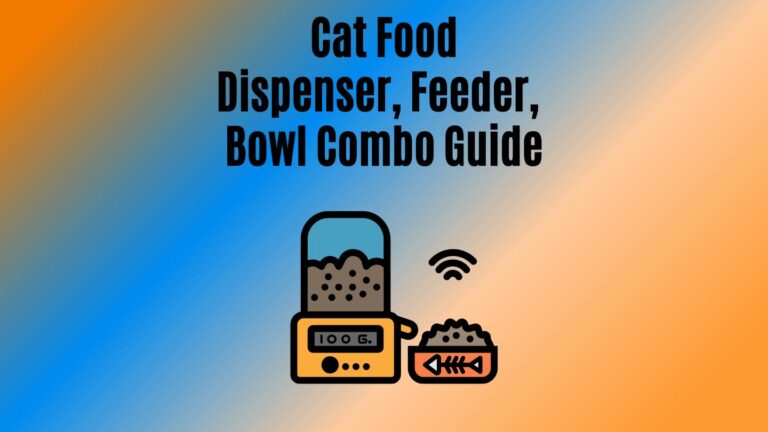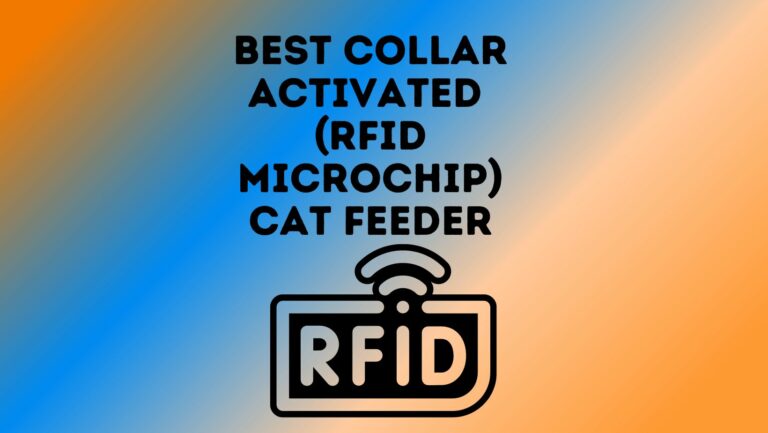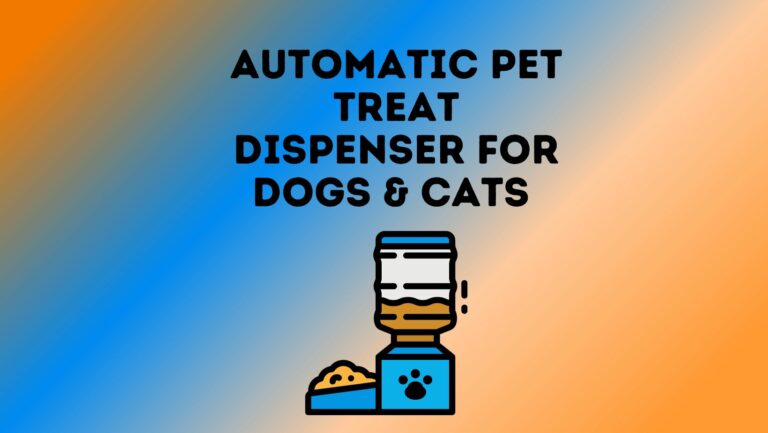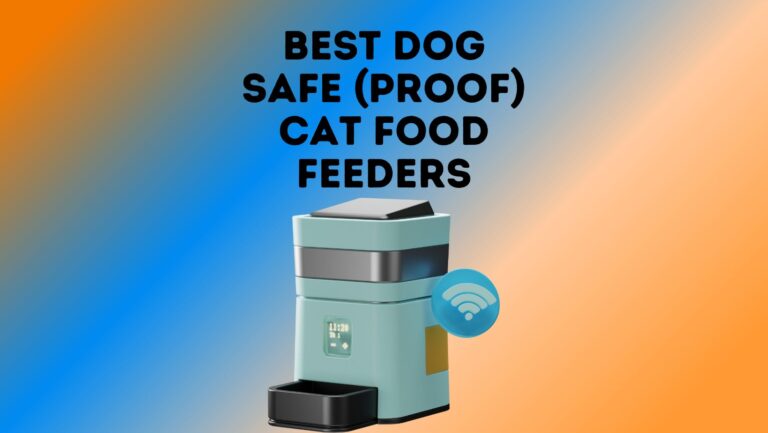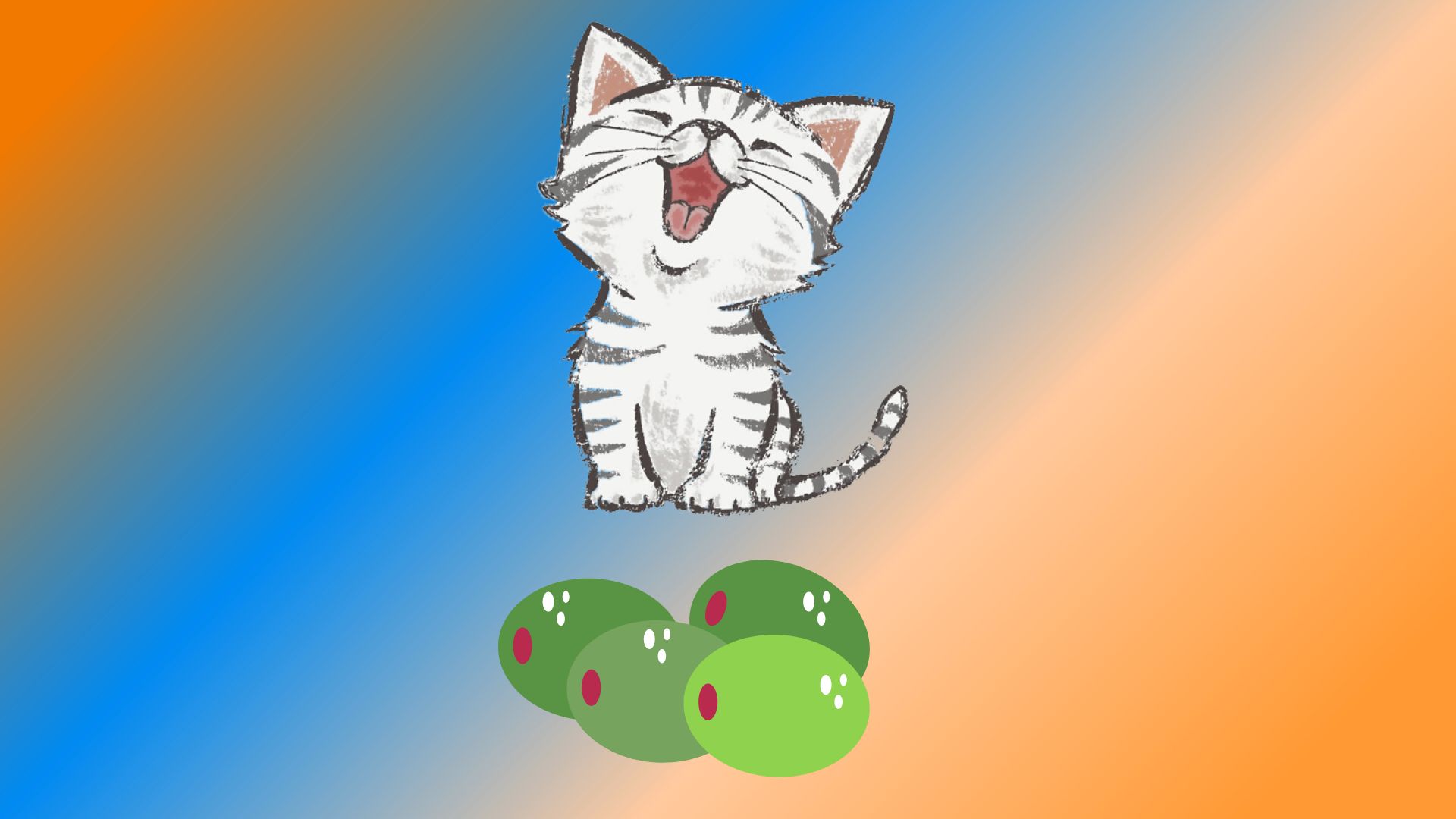
We’re all familiar with how much cats go crazy over catnip. But there are other delicious foods that cats adore just as much. Olives are one of these foods.
Yet many cat lovers who’ve witnessed their cat’s love of olives firsthand are asking, “Are Olives Bad for Cats?”. They’re wondering whether olives may be toxic, or if they can cause health issues for their feline friends.
We asked many cat owners what they think about giving their cats olives. Some were completely against it, while others had no problem with it.
To get to the bottom of whether olives are good or bad for your cat, we decided to find the answer for ourselves. Read on to find out more.
Why Cats Love Olives
The reason why cats love catnip and olives so much is all due to chemical compounds called isoprenoids. These compounds play various roles in the physiological process of both animals and plants. They also give certain species their unique fragrance.
Isoprenoids bind to receptors that are used to sense pheromones. Pheromones are chemical signals that almost all types of animals secrete via their urine, feces, or certain glands. They use these chemicals to communicate with others within their species.
Different pheromones trigger different responses. Some are used to alert when a predator is near. While some help animals distinguish between members of their own group and those of the other groups. Then there are those secreted for sexual purposes during mating season.
Even if your cat gets a whiff of an empty olive jar, he’ll roll around on their backs. That’s how all cats express their enjoyment. You’ve probably noticed your cat doing the same thing with various other smells, treats, and even people they like.
Olives are non-toxic and completely safe for cats to eat, in moderation. This is according to the American Society for the Prevention of Cruelty to Animals (ASPCA).
Cats are hardcore carnivores. They enjoy consuming proteins more than any other type of foods. Their metabolic system and digestive enzymes work best when they’re digesting animal protein. At the same time, they seem to really enjoy a handful of olives every now and then.
It’s important to remember that olives won’t offer your cat any nutritional benefits. The reason behind this is that cats eat such small amounts of olives that they don’t do all that much. Plus, olives aren’t something cats would typically eat if they were out in the wild.
So, if your cat is in good health, it’s safe to give them a few olives. Just make sure you keep it to a minimum and don’t substitute a normal healthy diet that you’d put in your regular cat feeder.
How Olives Benefit Cats
While olives may not provide any nutritional value to your cat’s diet, they’re used more for medicinal purposes. Olives are rich in anti-inflammatory agents and antioxidants. Both these compounds help eliminate free radicals while lowering the risk of several illnesses.
Olives can also help reduce arthritis and joint inflammations. This helps boost your cat’s mobility while reducing their pain. Olives can also help prevent certain types of cancers.
If you sense your cat is showing signs of joint pain, make sure you talk with your veterinarian to discuss all possible treatments.
Is There a Difference Between Black and Green Olives?
Black olives have less oil and salt compared to green olives. They’re also softer and less bitter. Yet that’s where the differences end between green and black olives.
Both types of olives have the same nutritional benefits. They’re both are rich in sodium, vitamin A and C, calcium, iron, copper, and fiber.
Cats naturally produce their own vitamin C, so they don’t need to get it from olives. They get all other minerals and vitamins from their diet. A cat’s diet should consist of large amounts of protein, moderate amounts of fats, and small amounts of carbohydrates.
Are There Any Health Risks to Giving Your Cat Olives?
While there may not be any threats of poison or toxicity, olives may pose a health risk for your cat if you’re not careful.
Highly Acidic
Olives are rich in acids. High levels of acids can cause upset stomachs and other digestive problems.
Too much acid can also change the pH in their urine. This can lead to urinary tract infections (UTIs), as well as other health problems.
Too Much Salt
Olives are delicious fruits that cats go nuts for. Even though they don’t pose any health risks, the only drawback is their high level of sodium.
Compared to olives that are found in nature, those that we buy at the store are loaded with preservatives. One type of these preservatives is sodium. Even if you wash them, you won’t be able to get rid of all the salt.
Consumed at high levels, sodium can pose serious health risks to your cat. When your cat eats too much sodium, they face the risk of kidney failure, high blood pressure, strokes, and even heart attacks.
Your cat can even suffer from sodium poisoning, which is a very dangerous threat to your cat’s health. Some of its symptoms include:
- A loss of appetite
- Excessive urination
- Vomiting
- Extreme thirst
- Diarrhea
- Tremors
- Seizures
If your cat starts showing any of these symptoms, take him immediately to the vet.
A Choking Hazard
Olives can pose a serious choking hazard for your cat. This mainly because of the seed, as well as the small size of the olive itself.
You should always remove the seed before giving your cat any olives. You may even try to half the olives for added safety measures.
Sometimes your cat may ingest a pit accidentally. If the pit manages to go down without a problem, then you shouldn’t worry. It’ll eventually pass through your cat without any problem.
A Final Note
The answer to the question many cat owners are interested in, “Are Olives Bad for Cats?”, is no. Olives can actually benefit your cat by preventing certain health issues.
These fruits are toxic-free and delicious. Plus, they stimulate your cat’s pheromone receptors, which is why your cat will start acting crazy when he smells even the slightest hint of olives.
Remember to keep your cat’s olive intake to a minimum, and he should be one joyful feline

